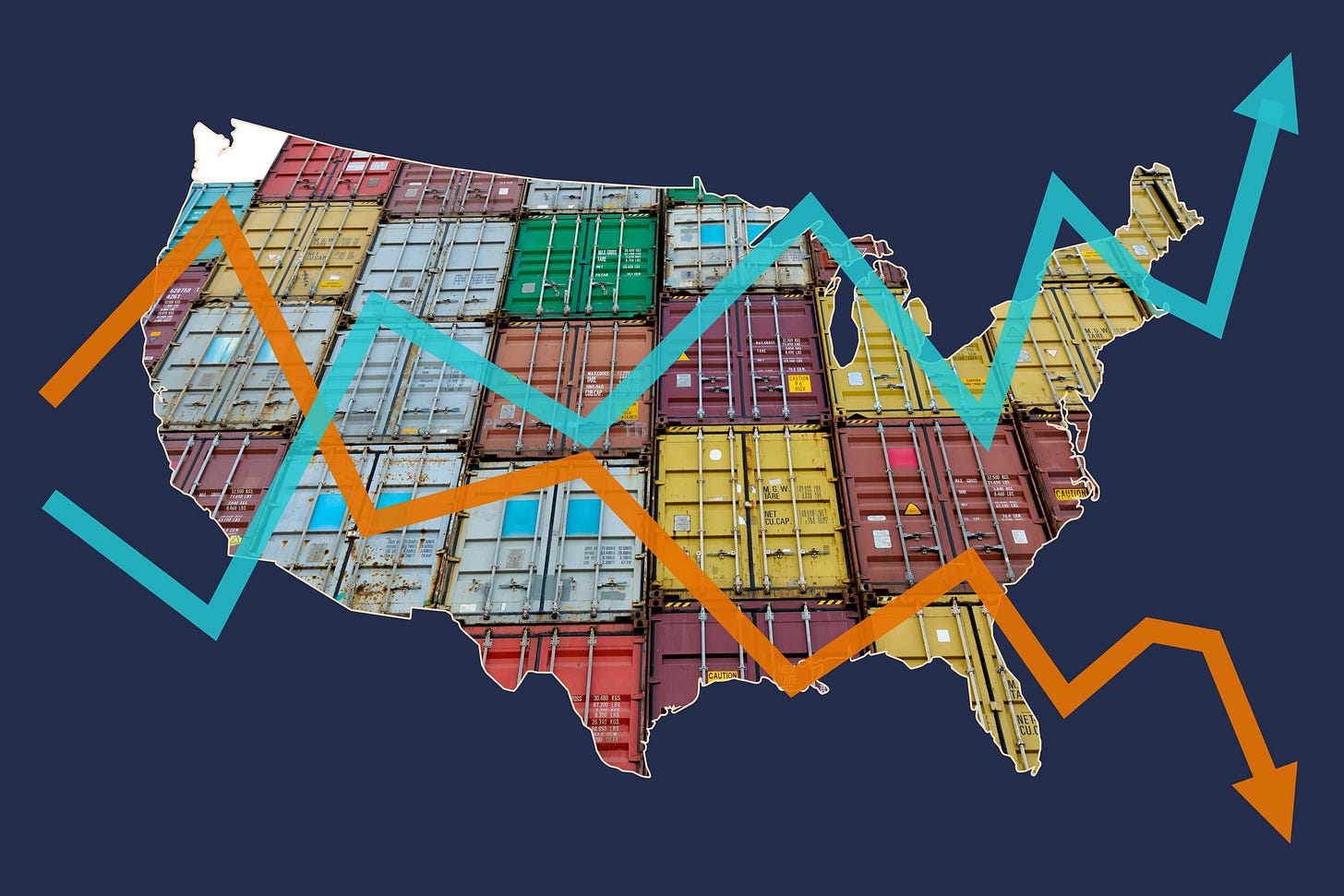US Strikes Pacific Trade Deals to Avoid Tariff Showdown
Agreements reduce threatened tariffs in exchange for market access, investment pledges, and energy cooperation.
The United States has announced new trade agreements this week with Japan, Indonesia, and the Philippines, scaling back hefty tariffs imposed on imports from those countries. President Trump was to set steep “reciprocal” tariff hikes starting August 1st, but last-minute deals were negotiated to soften the blow. In exchange for lower U.S. import taxes, each country is offering major investments or market openings, creating a win-win scenario instead of inciting a trade war.
Japan, instead of facing a 25% duty as threatened, will now be subject to a 15% U.S. import tariff. In return, Japan is pledging a whopping $550 billion to invest in American projects, with the U.S. set to receive 90% of the profits from those investments. Tokyo also agreed to open its market to U.S. exports, including cars, trucks, rice, and other agricultural products. The deal will also slash the tariff on Japanese automobiles from 25% to 15%, thoroughly boosting the Japanese auto industry. The two nations even hinted at teaming up on a liquefied natural gas (LNG) project in Alaska as a strategic collaboration down the road.
Indonesia also struck a compromise to avoid these tariffs. The U.S. will impose a 19% tariff on Indonesian imports, much lower than the previous 32%. In exchange, Indonesia agreed to eliminate tariffs on 99% of American goods and scrap a host of trade barriers that hinder U.S. firms. Indonesia is also removing export restrictions on critical minerals and making huge investments in American products such as aircraft, energy, and agriculture. The Indonesian government has committed to buy about $3.2 billion in U.S. aircraft, $4.5 billion in agricultural commodities, and $15 billion in energy products as part of the deal.
The Philippines’ deal follows a similar trend on a smaller scale. The new agreement sets a 19% U.S. tariff on Filipino exports, just under the 20% rate President Trump had originally threatened. In return, the Philippines will open its market to U.S. goods at a zero percent tariff, meaning American products will enter the Philippine market duty-free. This is a big change, especially for sectors like automobiles, as the Philippines agreed to drop tariffs on U.S. cars that used to carry import duties. Philippine officials say they’ll also boost imports of U.S. farm goods, such as soybeans and wheat, and other products to help even out the trade balance. Both nations cast the deal as a “significant achievement” that strengthens their long-term alliance.

